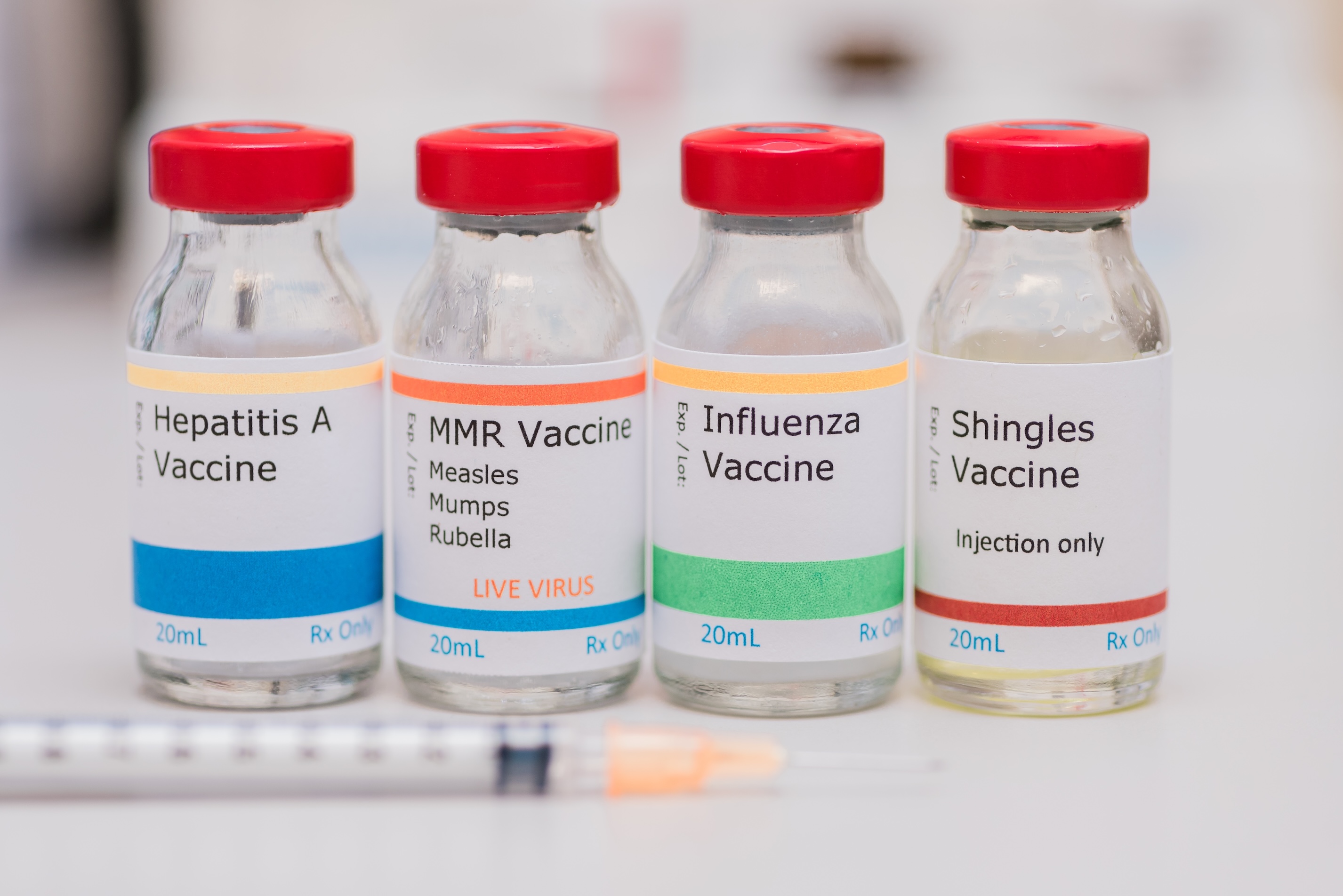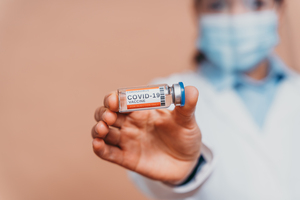Getting your annual flu shot doesn't have to cost you a penny! Most insurance plans, including Medicare and Medicaid, cover flu vaccines at 100% as part of their preventive care benefits. This means you won't have to pay anything out-of-pocket when you roll up your sleeve for protection against this year's flu strains. Simply bring your insurance card to your local pharmacy or doctor's office, and you'll be good to go. It's a hassle-free way to stay healthy during flu season without worrying about your wallet.
Who should get a flu shot?
Nearly everyone 6 months and older should get a yearly flu shot to stay protected, according to the CDC. It's especially crucial for pregnant women, seniors over 65, young children, and people with chronic health conditions like asthma, diabetes, or heart disease. Healthcare workers, caregivers, and those who live with high-risk individuals should also make getting vaccinated a priority. Even if you're young and healthy, getting the flu shot helps protect not just you but also those around you who might be more vulnerable to serious flu complications.








